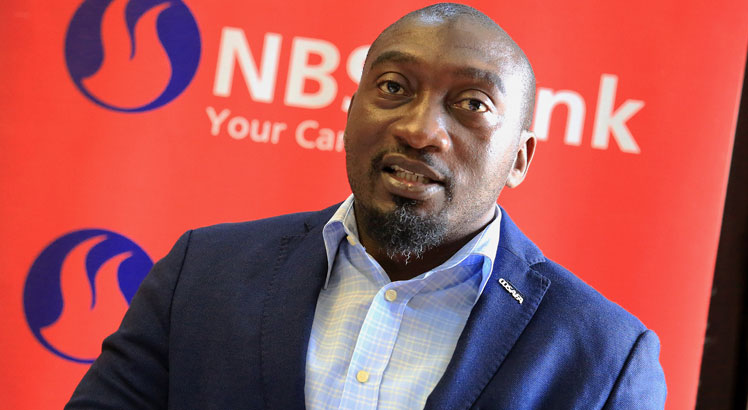JTI, commission still see future in tobacco
Despite tobacco’s future looking hazy, JTI Leaf Malawi and Tobacco Commission (TC) say the leaf’s future remains bright if production regulations are followed in line with international standards.
Their comments follow this year’s poor performance of tobacco, touted as the country’s main foreign exchange earner, which saw both volumes and revenue going down.

At the end of the marketing season on August 28, the country raked in $173.5 million (about K129 billion) from 113 million kilogrammes (kg) sold.
This is a drop from last year’s $237 million (K177 billion) out of 165.6 million kg sold.
But JTI Leaf Malawi corporate affairs and communications director Limbani Kakhome said the country’s tobacco is liked on the international market because it is best used for blending with other tobacco types.
“The future of tobacco for the country remains bright so long as we do away with some concerns in the industry, including traceability issues,” he said during a virtual media engagement to appraise journalists on how the company performed on the market in terms of buying tobacco and prospects for the coming season.
Kakhome said as long as “we adhere to high standards of production and acceptable at international level.” Malawi will go a long way to benefit from the crop.
During the last marketing season, JTI bought 23 million kg of burley tobacco.
Kakhome said the quality index this year was better than that of last year, adding that contracted growers are adhering to the agronomy advice and are upping their delivery of quality leaf.
On his part, TC chief executive officer Kayisi Sadala said the future of tobacco is intact despite some challenges in the industry.
He said: “There is a future for tobacco and tobacco is the major export commodity for the country. We may have options and alternatives, but those have not been fully exploited.
“The country is yet to identify a competitive crop or another best alternative to tobacco. Until we reach that stage where we shall have an alternative crop that will be raking much foreign exchange as tobacco, we will still be relying on tobacco.”
Weighing in, Betchani Tchereni, associate professor of economics at The Polytechnic—a constituent college of the University of Malawi, said in the medium to long-term, the country’s needs to diversify than over-relying on “dying tobacco”.
He said: “We need to begin to look at other areas of the economy such as mining, energy, industry. In such a way, the risks associated with one area may be mitigated by the other area.”





